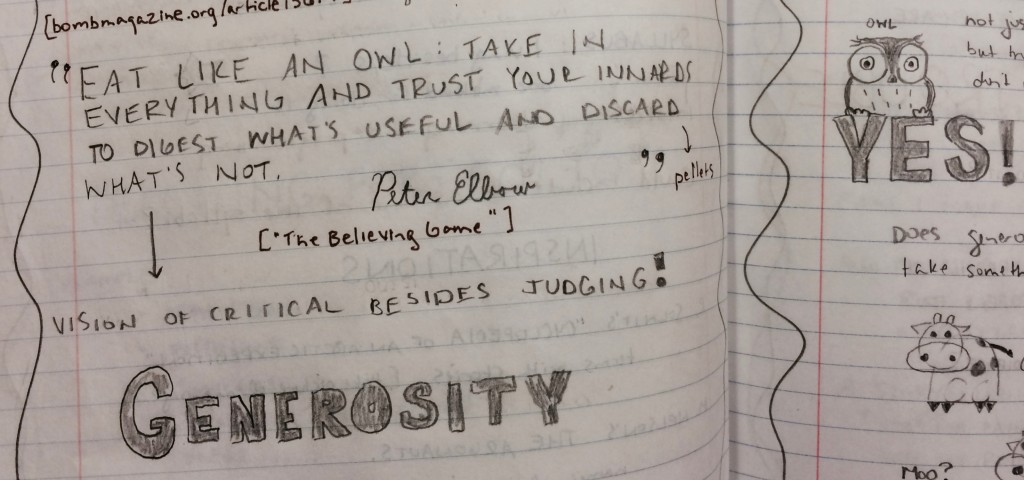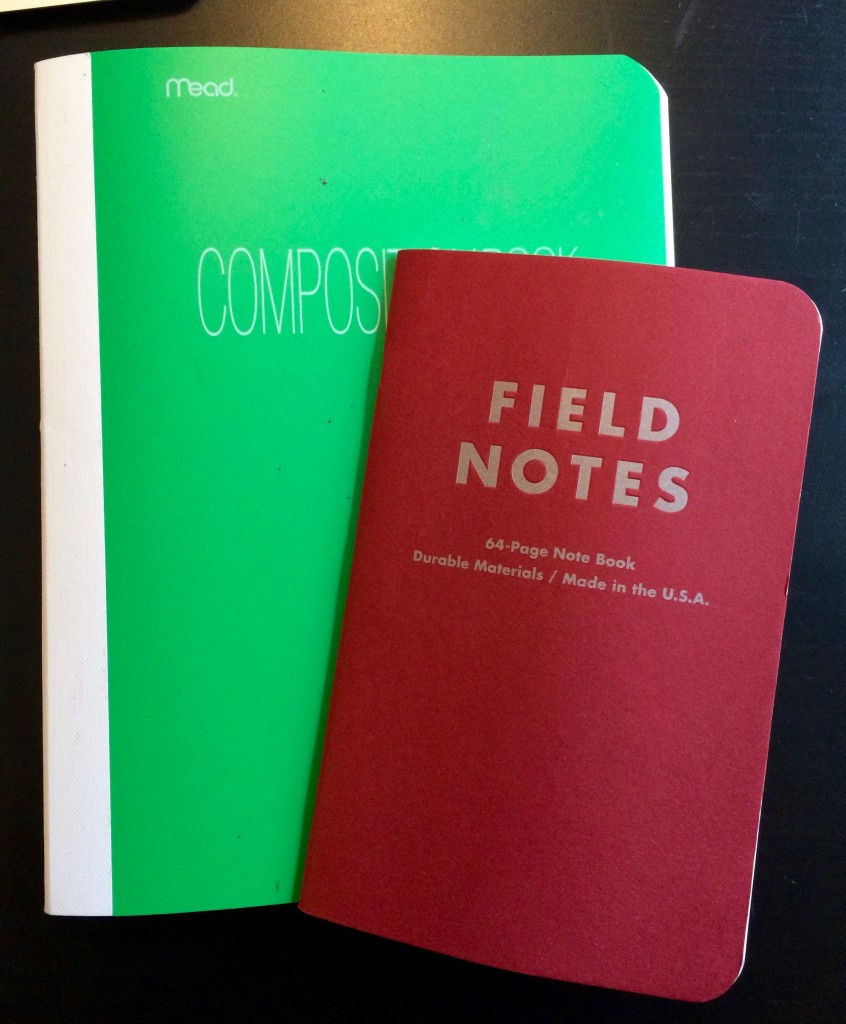In Me and My Shadow CV, Devoney Looser (whose work I’ve read and/or taught? about a decade ago) argues for the value of making grad students/early career academics aware of the countless rejections that they will receive in the process of building up their CVs. Grant rejections. Job rejections. Book rejections. Article rejections. And so on. She proposes that senior/advanced scholars publicly share their “shadow CVs,” which document the history of their ongoing rejection, to make visible its inevitability throughout an academic career. What a great idea!*
*After doing some more research, I found out that the idea of a “shadow CV” has been around for a few years (at least). The Contemplative Mammoth wrote about it in June of 2012.
When I first encountered Looser’s article, I thought immediately of my own Unofficial Student Transcripts in which I constructed a transcript of the “experiences of my student life that were often read as failures, distractions or obstacles within the dominant academic narrative of Success. Experiences that would be left off of my official academic transcripts.”
Our motivations for our “unofficial” documents differ a little, however. Looser proposes the “shadow CV” as a reminder that rejection is part of being an academic and as inspiration to use that rejection, as her former professor advised her once, to get angry and work harder. Aside: Work harder? How much harder can most academics work? Aren’t they already working way too hard? In contrast to Looser, my transcript was created to take seriously and honor so much of the invisible labor that I did as an academic that was ignored and/or devalued. I didn’t document this work as a reminder to toughen up, learn to handle rejection better, or to “hone my skills and strive for better opportunities.” I did it to find an alternative trajectory for my work, my skills and my training. And I did it as a way to resist/reject/counter the toxic academic values that encourage people to see “50 rejections a year” (Looser’s own stats) as just part of the necessary game you play to stay on the appropriate level.
At one point in her article Looser suggests that, “A CV is a life story.” CV as story? Hmm….Maybe I need to craft my own undisciplined CV as a story for my Undisciplined book project? That sounds like fun. I don’t envision it as a “shadow CV” that seems to haunt my “real, official, approved” CV, but as a unconventional story of my work beside/s the academy, since leaving it in 2011.
If I do want to include a CV, it looks like expanding my project beyond a syllabus might be useful. Maybe I should think again about doing a complete teaching portfolio? (See this post.)

